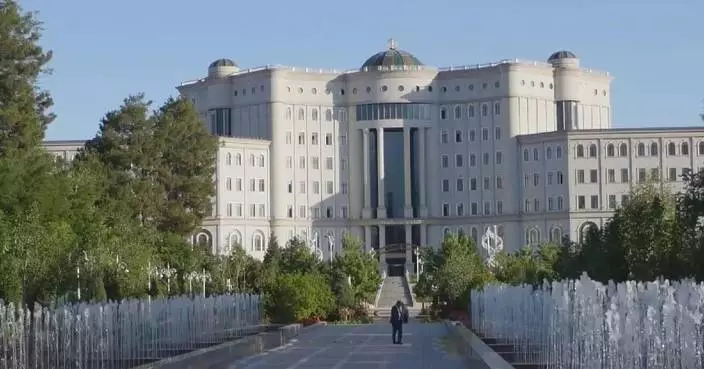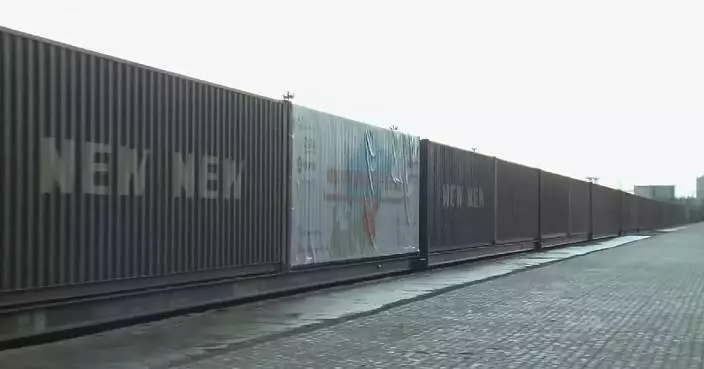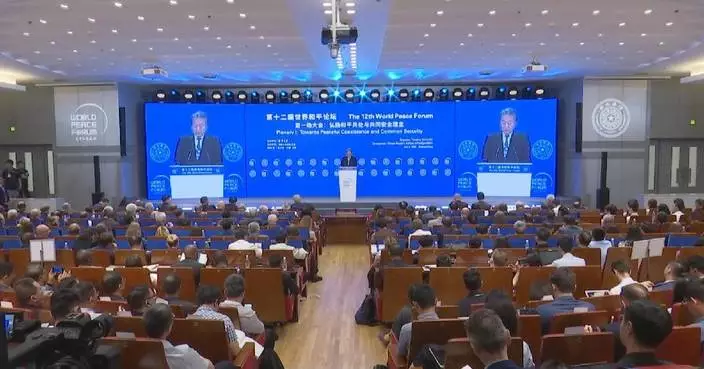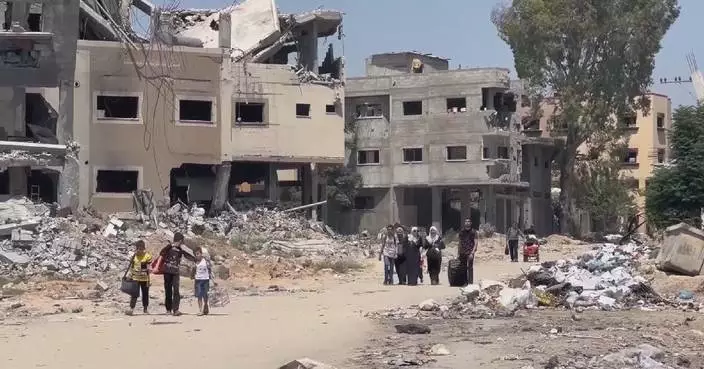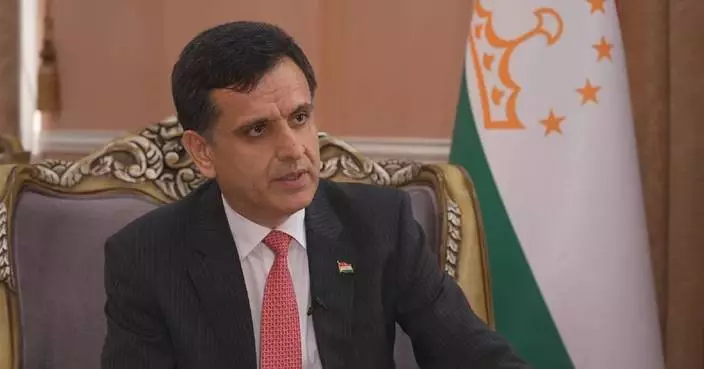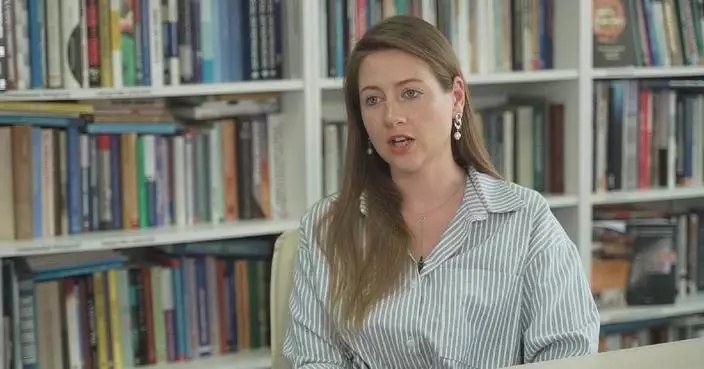Wadi Jilou, a small town situated in southern Lebanon bordering Israel, bears witness to the devastating impact of the prolonged latest round of Palestinian-Israeli conflict since October 7, 2023.
Since the outbreak of the latest round of conflict, the Hezbollah has launched attacks on northern Israel, prompting retaliatory airstrikes and artillery shelling by the Israeli Defense Forces on targets in southern Lebanon. The clashes near the temporary Lebanon-Israel border continue unabated.
As one ventures south in the town, a mere 15 kilometers from the temporary border between Lebanon and Israel, the population dwindles, and the severity of damage to houses becomes increasingly apparent. At least half of the town's buildings lie abandoned, according to a China Media Group reporter who was in the town on Wednesday.
The southern region of Lebanon boasts breathtaking landscapes, yet economic development has been relatively stagnant due to the long-standing turmoil. Until now, the south has primarily relied on agriculture for sustenance.
The latest round of conflict, which has persisted for over nine months, has left the region in a state of severe devastation. Vast forests, orchards, rubber plantations, and farmland have been reduced to rubble by the relentless bombardment and incendiary attacks of the Israeli military.
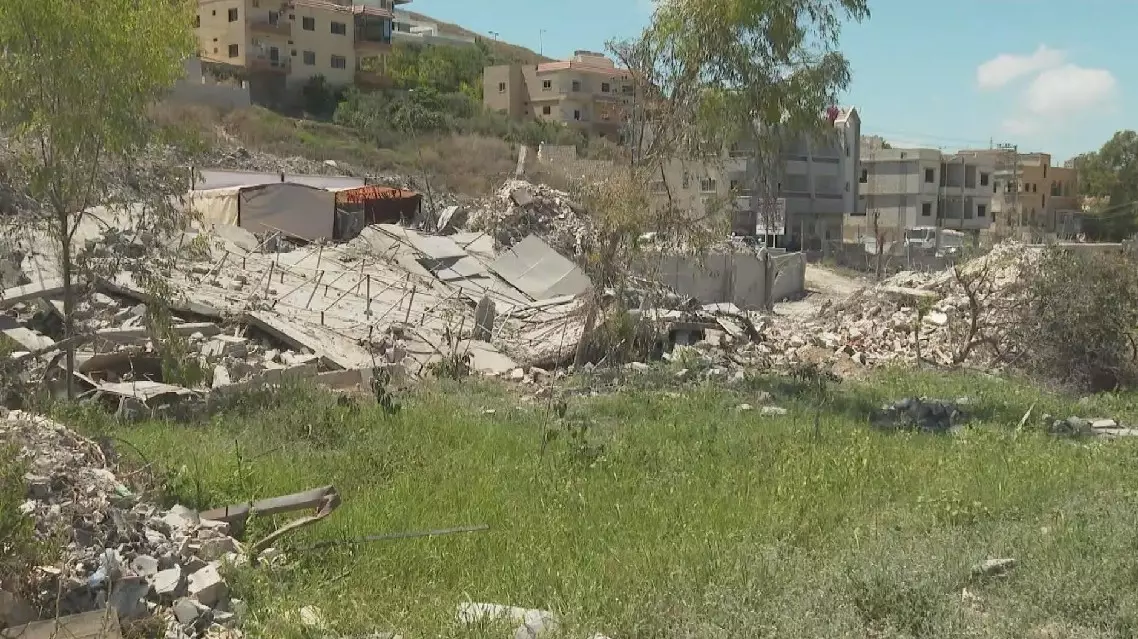
Small town in war-torn southern Lebanon bears brunt of ongoing conflict
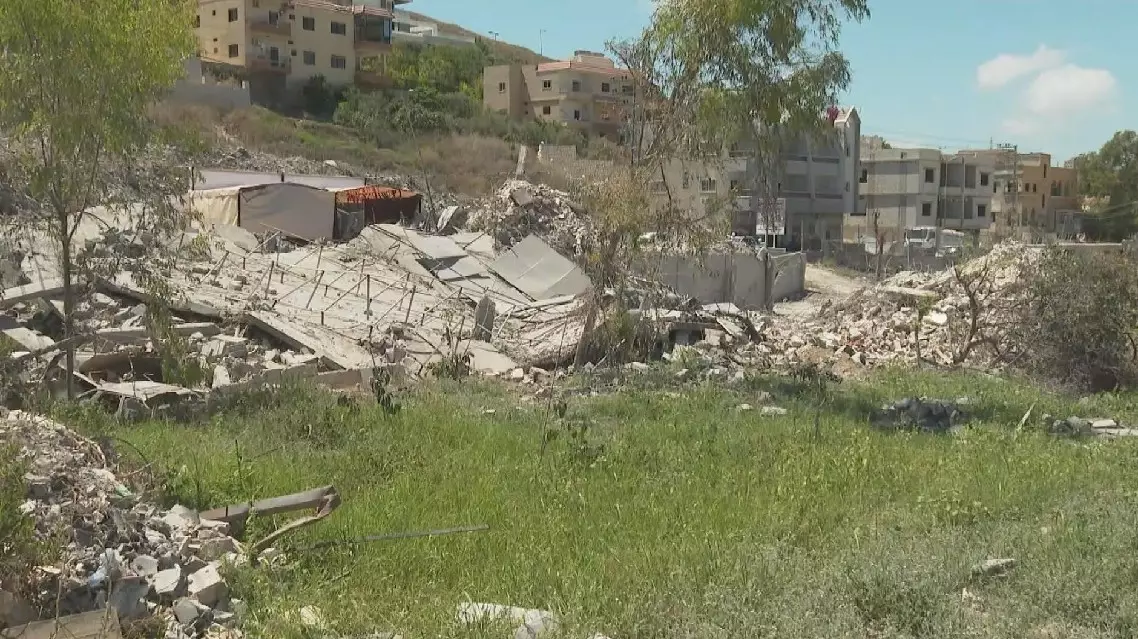
Small town in war-torn southern Lebanon bears brunt of ongoing conflict
Sci-tech industry insiders and experts at the World AI Conference (WAIC) 2024 in Shanghai shared their views on how to responsibly govern artificial intelligence (AI) technology and address the ethical concerns raised by its explosive development worldwide.
More than 500 companies participated in this year's event, showcasing over 1,500 of the most advanced technologies. It had many companies stating they are investing in AI to boost industrial development.
Gu Yue, vice president and head of marketing for Schneider Electric's China and East Asia Operations, highlighted the company's advancements in AI technology.
"We have already organized one AI hub in China working for this purpose, and then also to keep improving our AI engine, and also to develop those tools, those platforms to empower a customer, either to increase their productivity or to decrease their energy consumption," said Gu.
Since the first edition of the annual event in 2018, this year's WAIC is the first to emphasize AI safety and governance, as reflected in its theme --Governing AI for Good and for All."
The EU Act on Artificial Intelligence, passed in May of this year, became the first major regulation of new technology on the global stage. France is among the countries leading the way and has expressed willingness to work with China to manage risks.
The two countries released a joint declaration on AI and global governance during Chinese President Xi Jinping's state visit to France in May this year, with the aim to promote secure, reliable, and trustworthy AI.
"It's really important that we work together because in an ideal world, the objects that we create would be commons. So, it's good to have for instance, a Chinese AI with a Chinese large language model and a French AI with a French large language model. But if we do this, we're creating gaps between our societies. So, this is why we need those joint statements and working together to try to bridge the gap between our countries," said Gael Varoquaux, research director of the French National Institute for Research in Digital Science and Technology.
On Thursday, the opening session of WAIC 2024 saw the issue of a Shanghai Declaration on Global AI Governance, calling for global cooperation to achieve AI's full potential for the greater wellbeing of all humanity.
"If we lack a global perspective, we're going to have a new divide in AI, just like the digital divide in the past. An AI divide is going to do a lot of damage to our future productivity, to our entire labor market, and to human development as a whole," said Zhang Yaqin, dean of the Institute for AI Industry Research at Tsinghua University.
Regarding cooperating on AI governance, Zhang said it requires countries to communicate and reach a consensus on different issues, including red lines for safety and regulatory standards. He mentioned that China is cooperating with big countries, including the United States, as well as with developing countries to ensure no one is left behind.
There are about a dozen official documents giving detailed explanations of China's philosophy on AI governance.
The Global Security Initiative Concept Paper was released in February last year. It calls for stronger international security to govern AI and manage security risks.
In July last year, interim measures were announced to manage generative AI services, aiming for innovation and balanced development and security of new technologies.
The Global AI Governance Initiative was announced in October. It proposes a people-centered, open, fair, and efficient approach to AI development, security, and governance.
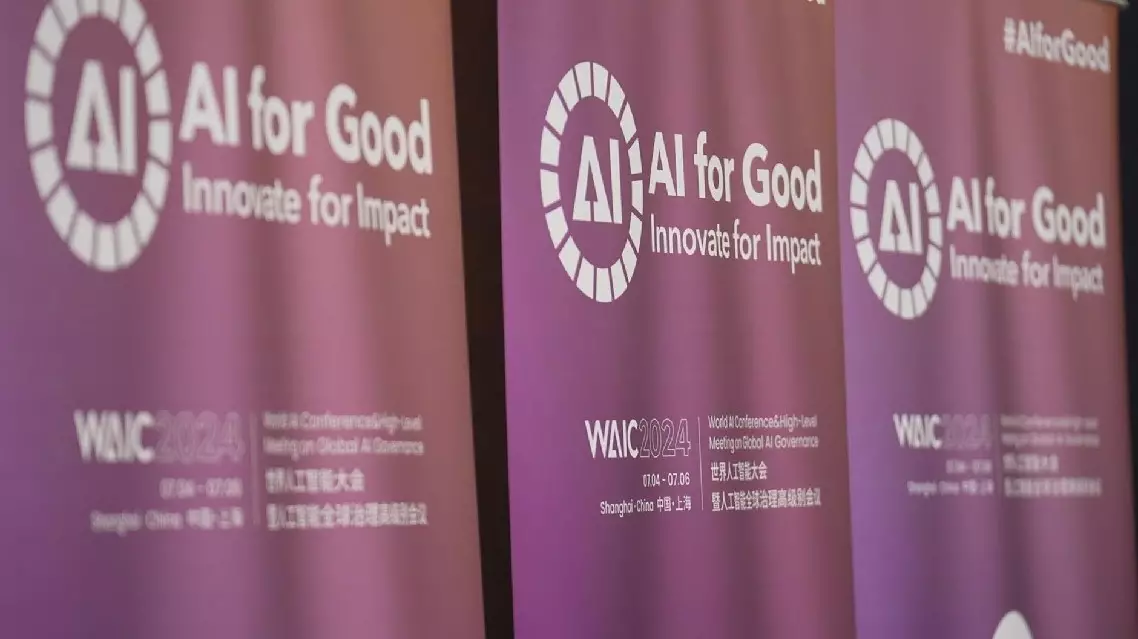
Shanghai AI Conference calls for responsible AI governance cooperation





